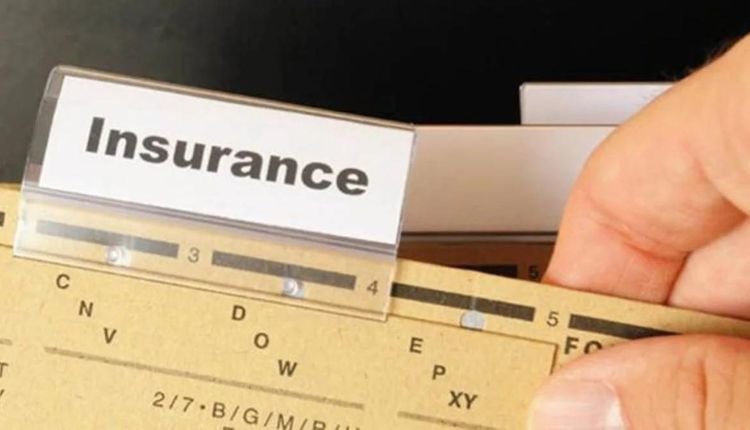
Pawnbrokers: Unlocking the Secrets Behind This Age-Old Financial Solution
When faced with financial challenges or unexpected expenses, individuals often find themselves seeking quick and discreet solutions. Enter the world of pawnbrokers, a centuries-old industry that provides a valuable service to people from all walks of life. In this article, we will delve into the fascinating realm of pawnbrokers, exploring their history, functions, and relevance in the modern world.
A Brief History of Pawnbroking
Pawnbroking can be traced back to ancient civilizations, including the Chinese, Greeks, and Romans. The concept was simple: individuals could exchange their valuables for a short-term loan from a pawnbroker, with the option to redeem their items by repaying the loan along with interest. This practice allowed people to access funds quickly without the need for a traditional bank.
The Role of Pawnbrokers Today
In the 21st century, pawnbrokers continue to play a crucial role in providing financial assistance to those in need. They accept a wide range of items as collateral, from jewellery and electronics to collectables and musical instruments. The process remains straightforward: customers bring in their articles, receive an appraisal, and are offered a loan amount based on the item’s value. If they accept the offer, the item is securely stored, and the borrower receives the loan.
How Pawnbrokers Operate
Step 1: Appraisal
One of the critical aspects of pawnbroking is the appraisal process. Pawnbrokers have a deep understanding of the value of various items, ensuring that both parties receive a fair deal. This assessment takes into account the item’s condition, rarity, and current market demand.
Step 2: Loan Terms
Once the appraisal is complete, the pawnbroker offers a loan amount based on the item’s value. Loan terms are typically short-term, often ranging from 30 to 90 days. During this time, the borrower has the option to repay the loan plus interest and retrieve the item.
Step 3: Secure Storage
Items accepted as collateral are securely stored to prevent damage or theft. Pawnshops employ state-of-the-art security measures to safeguard both the borrower’s articles and the pawnbroker’s inventory.
The Benefits of Pawnbroking
Pawnbroking offers several advantages to borrowers:
- No Credit Checks
Unlike traditional lenders, pawnbrokers do not require credit checks. That makes pawnbroking accessible to individuals with poor credit histories or no credit at all.
- Quick Cash
Pawnbrokers provide an expedited way to access cash, making them a convenient option for those facing urgent financial needs.
- Privacy
Pawn transactions are confidential, ensuring that individuals can address their financial challenges discreetly.
Pawnbrokers
If borrowers cannot repay their loans within the agreed time frame, the pawnbroker retains the collateral, potentially selling it to recover the loan amount. Interest rates on pawnshop loans can vary but are typically competitive. Negotiating loan terms is often possible, depending on the pawnshop’s policies. If you misplace your pawn ticket, it’s crucial to promptly contact the pawnshop to facilitate the retrieval of your item.
Pawnbrokers have stood the test of time, providing a valuable service to individuals in need of quick financial solutions. Whether you’re looking to secure a short-term loan or find unique items at affordable prices, pawnshops offer a unique blend of history, convenience, and reliability. So, the next time you find yourself in a financial bind, consider exploring the verity of pawnbrokers out in the market.




